Weekend Column Why the Nikkei Now Places Emphasis on “Net Profit” 週末コラム 日経はなぜ「純利益」を重視するのか
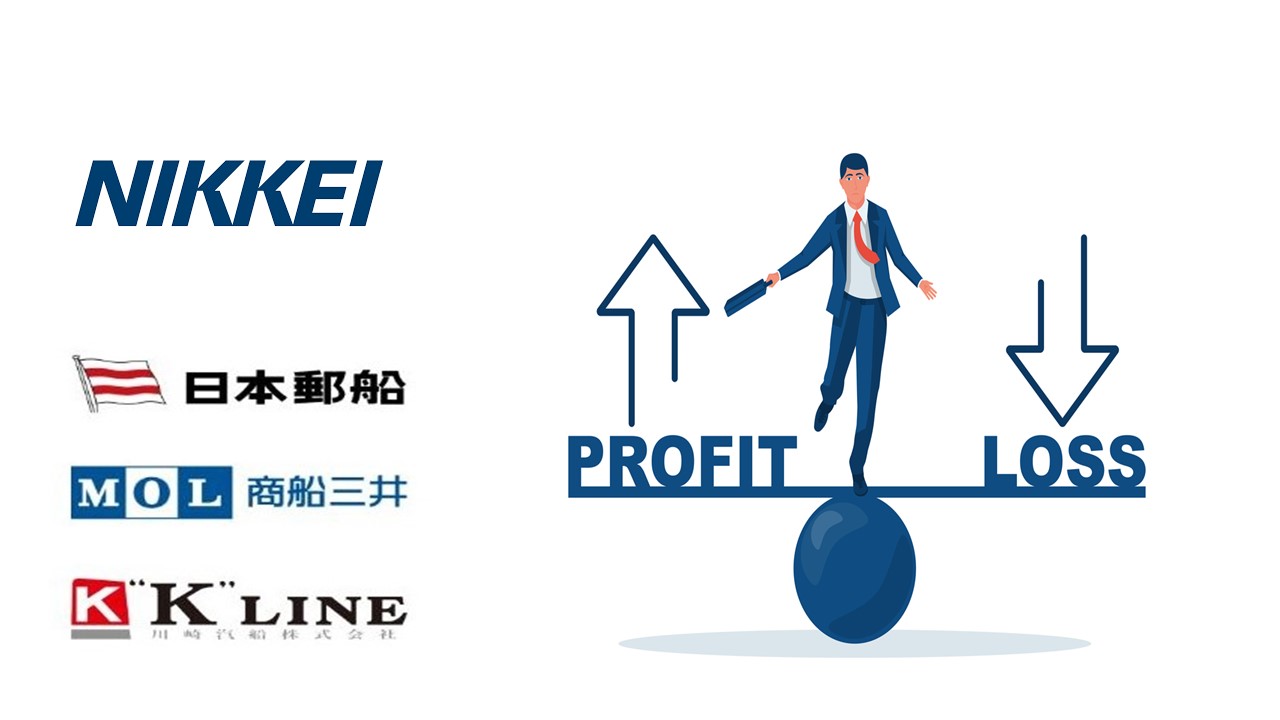
Weekend Column Why the Nikkei Now Places Emphasis on “Net Profit” Dividend Payout Ratios, ROE and International Accounting Standards with Implications for Japan’s Shipping Industry
週末コラム 日経はなぜ「純利益」を重視するのか 日本海運にも影響する配当性向、ROE、国際会計基準
In recent corporate earnings reports, the Nikkei has begun leading its headlines with “net profit or loss” across the board. In the past, it typically featured “ordinary profit or loss” in the headline – a figure in the profit and loss statement (P&L) regarded as a key indicator of a company’s operating reality. From the perspective of a shipping trade paper journalist, one might surmise that the Nikkei has chosen to place greater emphasis on the following factors when covering corporate performance. (Full details in the main article)
Key Points of This Article
→ Senior management in shipping, trading and finance sectors cite reasons such as “net profit better reflects the corporate reality” and “it makes performance easier to understand.”
→ The focus on net profit reporting may stem from: (1) increased attention to dividend payout ratios; (2) investors’ growing emphasis on ROE (return on equity) and PBR (price-to-book ratio); and (3) the concrete implementation of lease accounting under Japanese GAAP.
週末コラム 日経はなぜ「純利益」を重視するのか 日本海運にも影響する配当性向、ROE、国際会計基準
日本経済新聞が最近の企業の決算記事で一斉に「純損益」を見出しに取るようになった。従来はPL(損益計算書)で企業の経営実態を示している「経常損益」を見出しでとっていた。海運専門紙記者の推測として次の点を日経が企業業績の記事で重視することにしたからではないだろうか。 (続きは本文をお読みください)
この記事のポイント
→海運、商社、金融の主に経営層は、「純利益が企業実態を示しているから」「業績が分かりやすいから」などの理由を指摘する。
→純損益重視の報道は、①配当性向への注目度の高まり②投資家のROE(自己資本利益率)PBR(株価純資産倍率)重視の姿勢③日本基準のリース会計の導入の具体化などが考えられる。

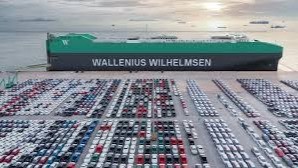
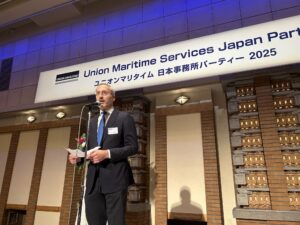

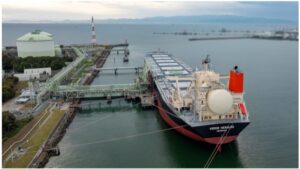
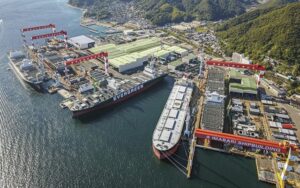
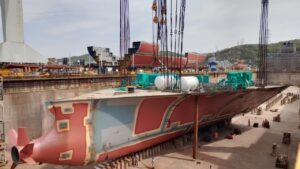
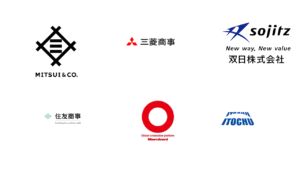
コメント